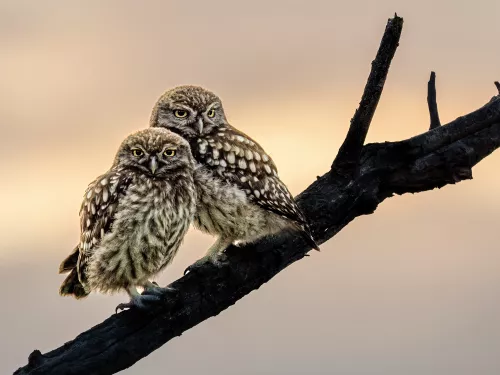
If you go down to the woods today – 9 surprising animals to look out for amongst the Kentish trees
Volunteer Matt Huggins explores some of the lesser-known but still fascinating animals that grace our woodlands.
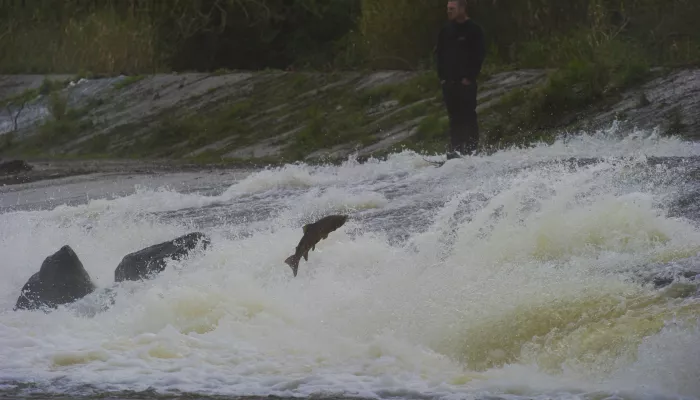
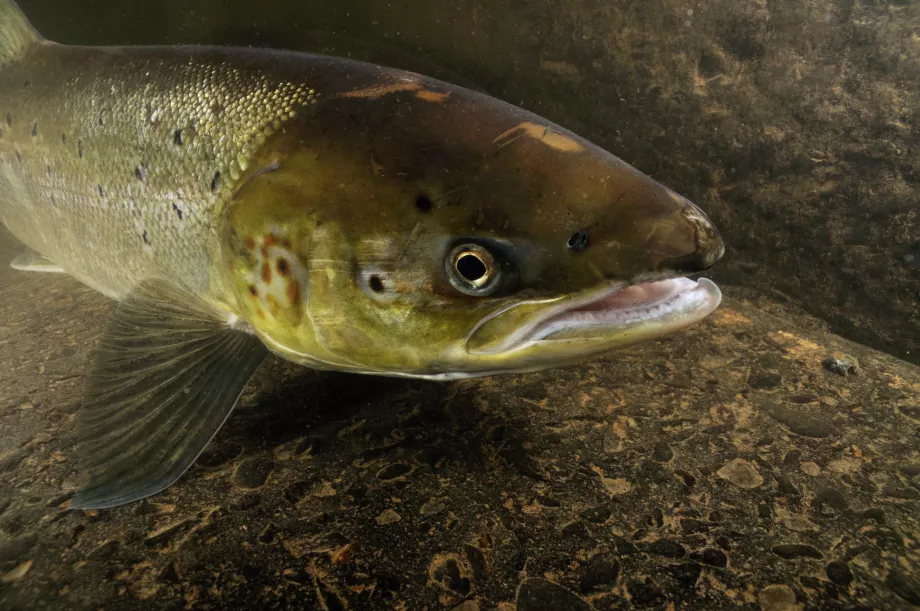
Atlantic salmon ©Linda Pitkin/2020VISION
While the fish spends most of its life at sea, in autumn mature Atlantic salmon return to their ancestral spawning grounds in the rivers where they hatched. From September to November key rivers in Scotland, Wales and north and south-west England are home to Britain's famous Atlantic salmon run.
These fish are much admired for their determination in swimming upstream against the deluge of white waters. They must leap huge waterfalls, weirs and other barriers upstream to reach their spawning gravels. Sometimes referred to as ‘the leaper’ they have been known to jump an incredible twelve feet into the air.
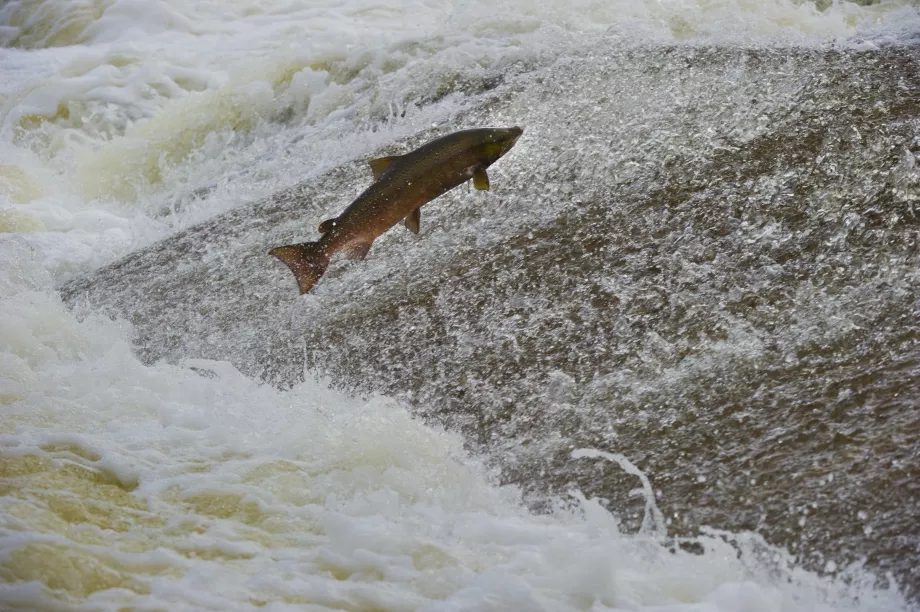
Leaping salmon. © Rob Jordan
Sadly, the King of fish now faces the greatest threat migrating between marine and freshwater habitats. As the planet's blue veins face multiple pressures from climate change and human disturbance to toxic pollution and extreme weather events, the Atlantic salmon and other freshwater fish are in serious trouble.
The main UK population of Atlantic salmon have been reclassified as endangered. This means they are recognised as being threatened with extinction. Meanwhile, global populations of Atlantic salmon have been reclassified as near threatened. If we follow this path, it looks like the UK is set to be the first to lose this iconic species - unless urgent action is taken.
Atlantic salmon play a crucial role as a keystone species, meaning they're vital to the habitats in which they live. As both predator and prey, and through their behaviours, they have a huge impact on the health of a river system and its residents. Their spawning behaviours, for example - creating areas in which to bed the eggs - are a part of maintaining this balance. Their migratory behaviour, too, helps with the transferrence of essential nutrients from the ocean to freshwater exosystems; in turn, this improves the habitat for various species of insects, algae, and fish.
It's clear, then, that we must enforce the law and regulations that protect habitats and rivers from toxic pollution. Nutrient pollution from sewage spills, pesticides, agricultural runoff, and chemicals need to be prevented at the source before they reach our precious rivers.
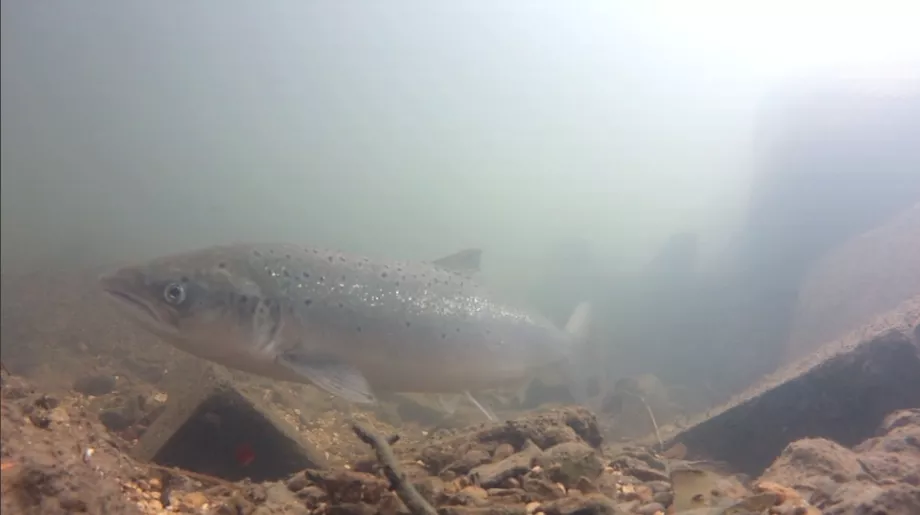
Atlantic Salmon ©Jack Perks
The UK Government was recently blocked from weakening our water protections where nutrients are harming vulnerable rivers and coasts, thanks to campaigning by The Wildlife Trusts and others.
It's worth remembering, though, that it's not just pollution that threatens this incredible species. Sea lice and interbreeding with escaped farmed salmon have hugely negative impacts, too. In-stream structures like weirs also prevent salmon, brown trout, and other fish from migrating back to their spawning grounds upstream. In fact, many of our headwater streams are cut off entirely. All in all, these structures can unfortunately disrupt river flows, fish movement, and their ability to breed and reproduce.
Can you get involved and help stop wild Atlantic salmon from becoming extinct in the UK? There's plenty you can do - from getting stuck in with local cachement partnerships and water quality monitoring, to volunteering with local conservation bodies. Or, make your voice heard on all things water quality! Together, we have a chance to save one of our most iconic and inspiring animals.

Volunteer Matt Huggins explores some of the lesser-known but still fascinating animals that grace our woodlands.
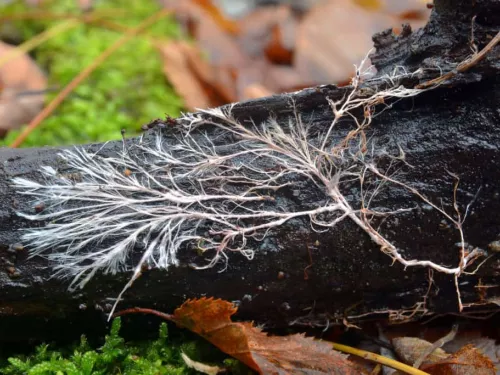
Volunteer Matt Huggins explores the underground secrets of mycorrhizal networks and how they help trees to communicate with one another.
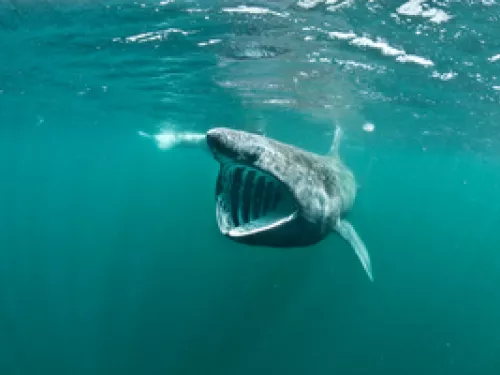
You hear “shark”, you think Jaws. Sadly, this is true for many of us… but then who hasn’t been slightly traumatised by Steven Spielberg’s enduring epic?